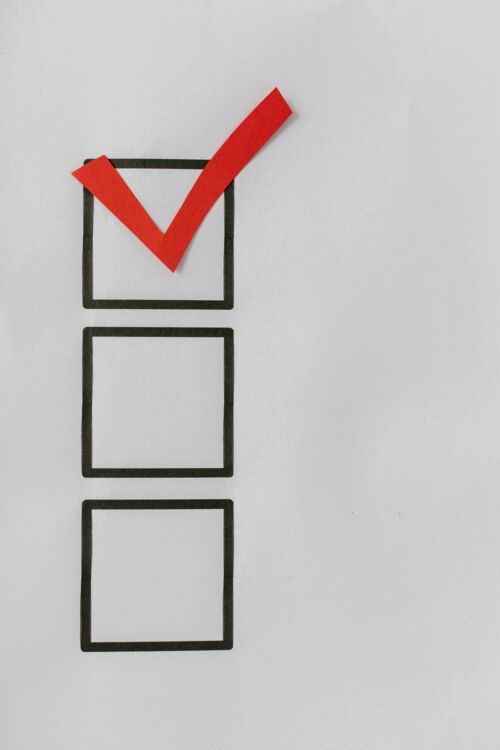November 2024 | Reading time: 5 Min.
The demands on global procurement departments have increased massively in recent years. How can companies remain competitive long-term in the face of supply chain disruptions and increasing expectations of sustainability in procurement? One answer to this is strategic supplier relationship management (SRM), which focuses on transparency and efficiency in purchasing processes and resilience.

Global incidents such as the COVID-19 pandemic or geopolitical conflicts have shown how sensitive supply chain management is to disruptions. Companies are faced with the task of ensuring the supply of important goods despite uncertainties - at a reasonable cost and without compromising on quality or sustainability.
But how can companies achieve these goals? Many purchasing processes are still based on outdated, analog systems. A lack of centralized data sources, insufficient transparency in the supply chain and manual errors make decision-making difficult. At the same time, companies are expected to act sustainably and align their supply chains with the requirements of legislators and consumers. Modern supplier management that combines the digitalization of procurement with a strategic focus offers a solution to these complex challenges.
The role of supplier scorecards: Why is transparency so essential?
Transparency is the foundation of any successful supply chain. But how can you evaluate supplier performance and identify weaknesses? Supplier scorecards provide a structured way to consolidate data and gain insights. The key benefits of a scorecard are:
In addition, scorecards create a basis for the long-term improvement of supplier performance. They not only make it easier to assess current results, but also help to identify trends and potential risks at an early stage.

When introducing a supplier scorecard, companies are often faced with the question of how to set the right priorities. This is how scorecards can be designed effectively:
In addition to performance measurement, factors such as risk management in the supply chain and innovations in purchasing also play a decisive role. Modern SRM systems support purchasing departments in acting holistically - from data evaluation to the development of joint strategies with suppliers.
Would you like to find out more about the digitalization of procurement and innovative approaches such as modern SRM systems for procurement departments? As the leading trade fair and conference for digitalization and innovation in procurement, the Procurement Summit brings together thought leaders in the industry and offers the perfect platform to learn about forward-looking strategies.